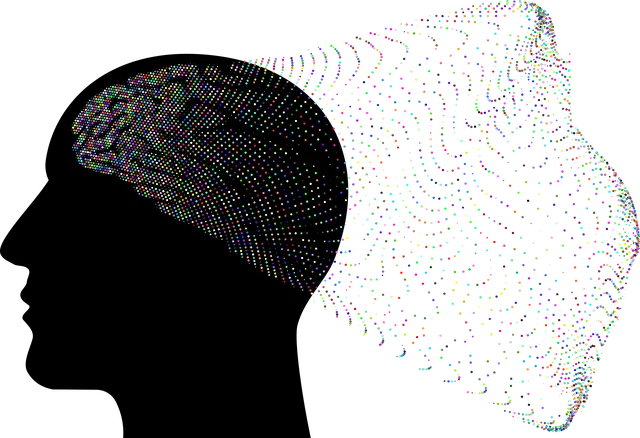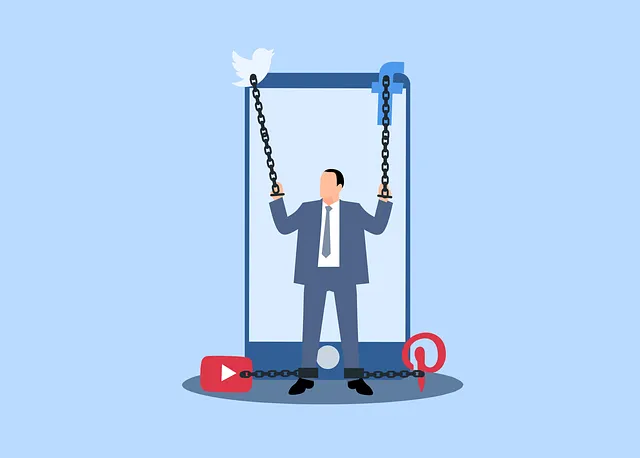The text highlights how stigma significantly impacts mental health within healthcare settings, particularly at Kaiser. Stigma isolates individuals, deterring them from seeking help due to embarrassment and shame. Addressing this issue is crucial for fostering open conversations about mental well-being. The Lone Tree location of Kaiser stands out as a positive example by integrating anti-stigma strategies into their practices: providing specialized programs, encouraging empathy through person-centered language, ensuring confidentiality, and promoting mental health education in the community. Through these efforts, Kaiser at Lone Tree creates an inclusive environment that reduces stigma, empowers individuals to prioritize self-esteem, and openly discuss mental health concerns, making it a beacon for effective mental health care.
Mental illness stigma remains a significant barrier to seeking treatment, with profound impacts on individual well-being. This article explores three key strategies to combat this pervasive issue. We delve into the understanding of stigma’s effects on mental health, focusing on how reducing it in healthcare settings and through community engagement can foster a more supportive environment. Drawing insights from Lone Tree’s Kaiser, we highlight effective practices that promote acceptance and enhance access to quality care for those facing mental health challenges.
- Understanding the Impact of Stigma on Mental Health
- Strategies to Reduce Stigma in Healthcare Settings
- Community Engagement and Education for Stigma Reduction
Understanding the Impact of Stigma on Mental Health

The impact of stigma on mental health cannot be overstated, especially for individuals seeking support from Kaiser or other healthcare providers. Stigma often acts as a lone tree in the forest of mental wellness, shading and isolating those affected. It can lead to feelings of embarrassment, shame, and fear, pushing people away from seeking help, even when they desperately need it. This is particularly detrimental for vulnerable populations, where cultural sensitivity in mental healthcare practice becomes paramount.
Reducing stigma is crucial for fostering an environment that encourages open conversations about mental health. For instance, risk management planning for mental health professionals can include strategies to navigate these sensitive topics with care and empathy. By addressing stigma at the forefront of mental healthcare, we can ensure that individuals like those Kaiser serves feel empowered to prioritize their self-esteem improvement and seek treatment without hesitation.
Strategies to Reduce Stigma in Healthcare Settings

Reducing stigma in healthcare settings is a crucial step towards creating an environment that fosters open conversations about mental health issues. Lone Tree’s Kaiser, known for its comprehensive services, plays a pivotal role in this effort. They offer specialized programs and support groups that not only provide anxiety relief but also focus on resilience building and emotional well-being promotion techniques. These initiatives ensure individuals with mental health concerns feel welcomed, understood, and encouraged to seek help without fear of judgment.
By integrating evidence-based practices and fostering a culture of empathy, healthcare providers can significantly impact stigma reduction. Simple changes like using person-centered language, ensuring confidentiality, and promoting education about mental health conditions can make a difference. Lone Tree’s Kaiser, with its dedicated team and diverse range of services, serves as an excellent example for other healthcare institutions striving to create a more inclusive and supportive space for all patients, especially those facing mental illness.
Community Engagement and Education for Stigma Reduction

Community engagement plays a pivotal role in reducing the stigma surrounding mental illness. By fostering open dialogues and sharing resources, organizations like Lone Tree at Kaiser can create supportive environments that encourage individuals to seek help without fear of judgment. Educational initiatives focused on resilience building, emotional intelligence, and depression prevention are essential tools in this effort. These programs not only equip community members with the knowledge to recognize signs but also promote empathy and understanding, breaking down barriers and fostering a culture of care.
Lone Tree’s efforts target not just individuals but entire communities, ensuring that mental health support becomes an integrated part of daily life. Through interactive workshops, public awareness campaigns, and peer support groups, they cultivate a space where conversations about mental well-being are normalized. This community-driven approach aligns with Kaiser’s commitment to holistic healthcare, making mental health services more accessible and less daunting for those seeking support.
Mental illness stigma reduction is a multifaceted effort that requires understanding, education, and community engagement. As Lone Tree’s Kaiser demonstrates, creating supportive healthcare settings through training and inclusive practices can significantly impact positive mental health outcomes. By fostering open conversations and dispelling misconceptions, we can break down barriers and encourage individuals to seek the help they need. When communities embrace diversity in mental health experiences, everyone benefits, ensuring better access to care for all.






